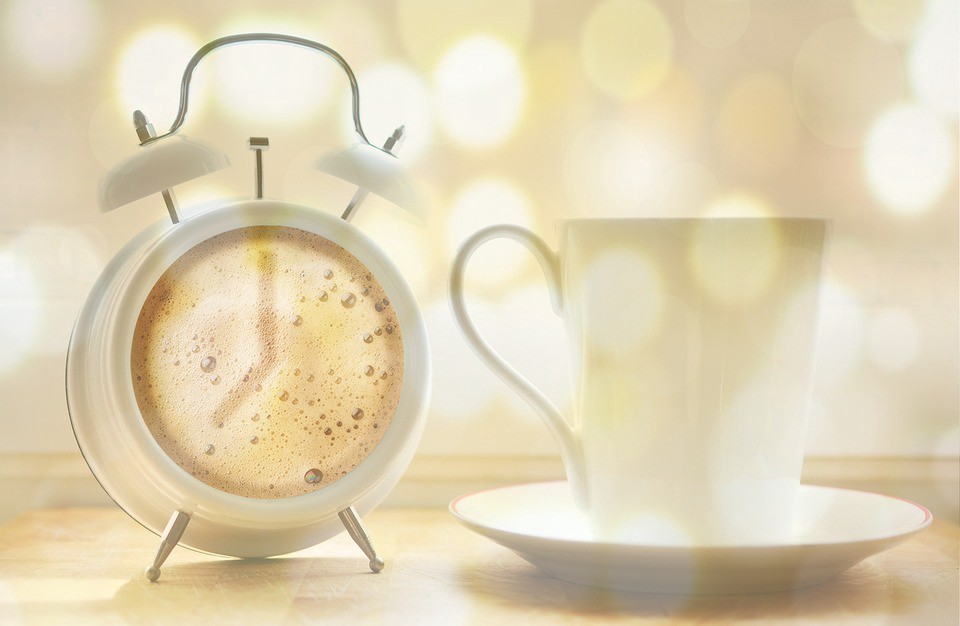Caffeine is such a common part of everyday life that it’s easy to forget it can be dangerous. When South Carolina high school student Davis Cripe died recently from a heart attack that a coroner said was caused by caffeine, people around the world were shocked. Cripe had consumed a latte, a soda, and an energy drink before collapsing and dying. All of a sudden, many people are taking a fresh look at the caffeinated beverages they drink on a regular basis. Caffeine is everywhere — from coffee breaks at work to soda at parties. Americans drink a lot of it because we crave the energy boosts it provides. But when we reach for another dose of caffeine, there’s something else we may need instead: sleep.
I love caffeine as much as anyone else. Don’t try to separate me from my tea in the afternoon! But I haven’t had a soda in years, drink coffee just occasionally, and have never touched an energy drink. Sometimes I use caffeine to boost my energy. But if I’m tired, I’ve learned that what I really need is better sleep.
It used to be that I consumed so much caffeine I couldn’t sleep well at all. The caffeine from too many cups of coffee during the day kept me lying in bed awake at night — sometimes for hours. I experienced symptoms of too much caffeine consumption, according to the National Institutes of Health: insomnia, headaches, and a racing heartbeat.
Then a friend suggested cutting back on caffeine, and all of a sudden, I could sleep better. After a good night’s sleep, I didn’t even really need caffeine to get through the afternoon. The energy I felt wasn’t an artificial buzz; it was a refreshing feeling that permeated my whole body and mind.
Caffeine stimulates the central nervous system by causing the brain to release adrenaline. That’s fine if the body uses all of that adrenaline (such as for energy to handle a crisis). But if excess amounts of adrenaline hang around in the body, over time, it builds up in muscles, damaging people’s health.
So how much caffeine is too much? The Mayo Clinic says that up to 400 milligrams per day (up to four cups of coffee) is generally safe for adults and cautions going beyond that amount.
If you’ve been drinking more than that, here are some ways to cut back on the amount of caffeine you consume:
- Replace just one of the caffeinated beverages you usually consume every day with a drink that doesn’t have caffeine — such as decaf tea or coffee — and gradually work your way to up to replacing most of your caffeinated drinks with no-caffeine alternatives.
- Enjoy caffeine in the morning and at lunch, but stop drinking it later in day or in the evening. Give your body a break from caffeine from mid-afternoon on.
- Drink more water. Water flushes out all sorts of toxins from your body, refreshing you. If you’ve already had enough caffeine for the day and find yourself craving more, drink water instead.
- Most of all, make good quality sleep a high priority. The better you sleep, the less you’ll need caffeine for energy.


